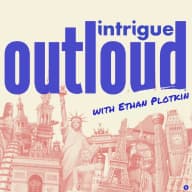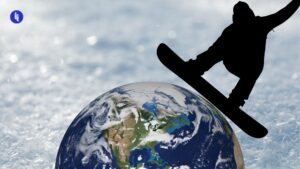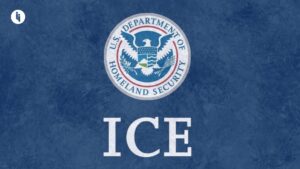Pope Francis has sparked anger in Ukraine and beyond by encouraging Kyiv to have “the courage of the white flag” and enter negotiations with Russia.
He made the comments during an interview (🇮🇹) with a Swiss radio station – it’s scheduled to air later this month, but an excerpt began circulating this weekend.
Asked for his views on the debate between negotiating with Russia (the host used the term ‘white flag’) versus the risk of this just legitimising the “stronger” party, the Pontiff replied: “I believe that the stronger one is the one who sees the situation, who thinks of the people, who has the courage of the white flag, to negotiate. And today, negotiations are possible with the help of international powers.”
As the story gained traction, the Director of the Holy See Press Office, Matteo Bruni, sought to clarify that the Pope “uses the term white flag, and responds by picking up the image proposed by the interviewer, to indicate a cessation of hostilities”. Elsewhere in the interview, he notes, the Pope also says that “negotiations are never a surrender”.
Stay on top of your world from inside your inbox.
Subscribe for free today and receive way much more insights.
Trusted by 151,000+ subscribers
No spam. No noise. Unsubscribe any time.
But the Pope’s comments were already rippling across the battlefield and beyond. The Kremlin deemed them “quite understandable”, while Ukraine’s foreign minister rejected the remarks, and urged the Pope to visit Ukraine.
Ukraine’s president, Vlodomyr Zelenskyy, then captured some of the national mood in a thinly veiled reference praising Ukraine’s frontline chaplains:
“This is what the church is – it is together with people, not two and a half thousand kilometers away somewhere, virtually mediating between someone who wants to live and someone who wants to destroy you.”
Beyond the battlefield, Kyiv’s allies like Germany also criticised the Pope, while the foreign minister of Catholic-majority Poland suggested the Pontiff should encourage Putin to “have the courage to withdraw his army from Ukraine”.
But there’s a bigger question you may also be asking… why is the leader of the Catholic Church weighing in on this?
The Pope is one of a handful of religious leaders who’s also a head of state. In modern times, it’s been that way for the Pope since the Lateran Treaty of 1929.
So he’s a religious leader for over 1.3 billion Catholics across the globe.
But he’s also a world leader with a foreign minister (UK-born Paul Gallagher) plus a network of over 116 embassies (called nunciatures) – that’s more than Malaysia. And rather than weighing in on national interests like a regular embassy, these nunciatures focus more on what they see as universal values.
This network of churches and embassies is a source of influence for the Vatican on international issues, and different Popes have used it in different ways: for example, many credit Pope John Paul II with averting a Chile-Argentina war in 1978, or helping end the Cold War. Meanwhile, the beatification of Pope Pius XII remains on hold over his relative silence during WWII.
As for the current, Argentina-born Pope? He’s been calling for peace in various conflicts since taking the helm in 2013, including across Syria, Nagorno-Karabakh, Ethiopia, and the current Israel-Hamas conflict.
INTRIGUE’S TAKE
Geopolitics is shaped by states. States are shaped by people. And people are shaped by their beliefs. But it’s not often we (in the West at least) openly discuss the resulting link here, between beliefs and geopolitics.
The Pope is one of those few world figures who openly fuses the two, resulting in some memorable (if apocryphal) moments, like Joseph Stalin’s WWII quip to President Roosevelt: “The Pope. How many divisions has he?”
It’s a line that reveals a lot: about the difference between power and influence, between material and moral power, and even about Russia’s view of the world.
Eight decades later, the Pope’s latest intervention brings the same questions to mind. He clearly has a degree of influence and moral power – that’s why world leaders respond, and huge crowds greet him from Congo to Ecuador.
But the thing is, everyone in this conflict says they want peace. In geopolitics, the question isn’t so much who wants peace, or even who has the courage to negotiate it. The question is how, when, and on whose terms. And that’s a question still being answered right now with something the Pope lacks: military divisions.
Also worth noting:
- There are around a million Catholics and five million Greek-Catholics in Ukraine. It’s unclear how many Catholics are in Russia, though the local archbishop estimated last year it was less than a million.
- The Vatican is one of 12 states still recognising Taiwan instead of China. In his 2020 book, Pope Francis referred to China’s ethnic Uyghur minority as “persecuted”, triggering criticism from Beijing.
- The Pope is one of two Catholic Church representatives who also leads a state. The other is the Bishop of Urgell, who is joint head of state (alongside the president of France) of Andorra.





